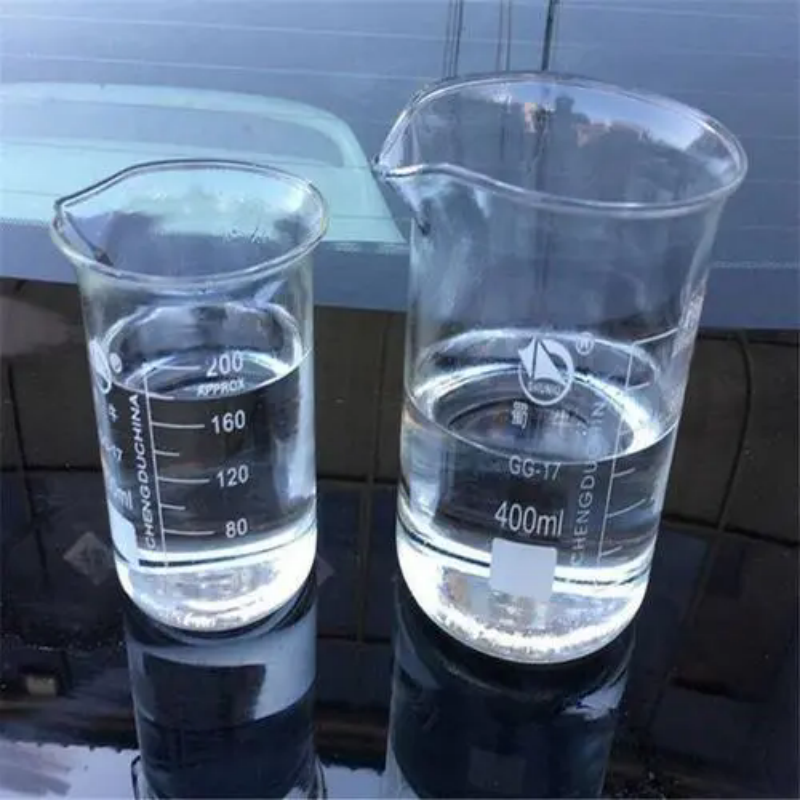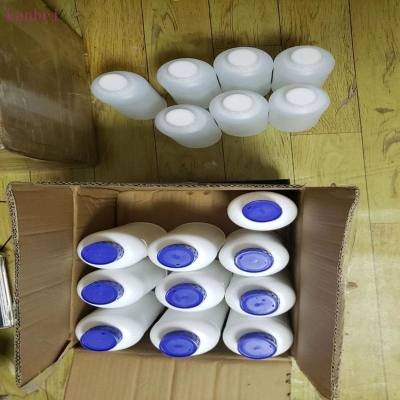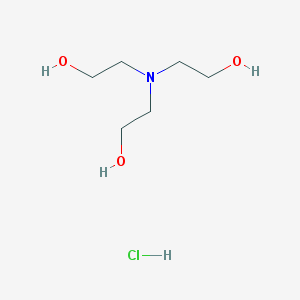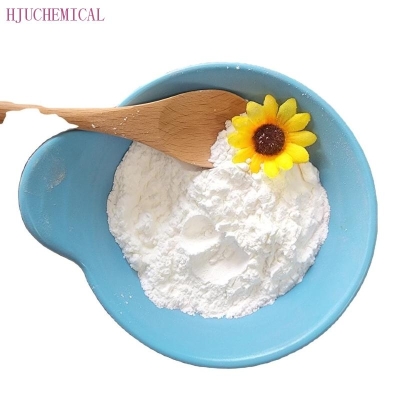Cosmetic Ingredient
- • Abrasive (124)
- • Absorbent (84)
- • Anticaking (66)
- • Anticorrosive (25)
- • Antifoaming (19)
- • Antimicrobials (290)
- • Antioxidant Ingredient (393)
- • Antiperspirant (20)
- • Antiplaque (48)
- • Anti-seborrheic (38)
- • Anti-sebum (39)
- • Antistatic (458)
- • Astringent (162)
- • Binding Agent (172)
- • Bleaching Agent (53)
- • Buffering (191)
- • Bulking (109)
- • Chelating (122)
- • Cleansing (679)
- • Cosmetic Colorant (212)
- • Cosmetic Preservative (158)
- • Denaturant (45)
- • Deodorant (98)
- • Depilatory (27)
- • Dissolving Agent (298)
- • Emollient (795)
- • Emulsifying Agent (480)
- • Emulsion Stabilising (154)
- • Exfoliating (19)
- • Film Forming (299)
- • Flavouring (72)
- • Foam Boosting (161)
- • Foaming (101)
- • Fragrance Ingredient (726)
- • Gel Forming (19)
- • Hair Conditioning (670)
- • Hair Dyeing (363)
- • Hair Fixing (36)
- • Hair Waving or Straightening (45)
- • Humectant (282)
- • Hydrotrope (92)
- • Keratolytic (20)
- • Light Stabilizer (80)
- • Moisturising Agent (50)
- • Nail Conditioning (42)
- • Occlusive (20)
- • Opacifying (119)
- • Oral Care (123)
- • Oxidising (19)
- • Perfuming (2105)
- • Plasticiser (98)
- • Propellant (19)
- • Reducing (50)
- • Refatting (12)
- • Refreshing (26)
- • Skin Cleansing (388)
- • Skin Conditioning (1751)
- • Skin Humectant (21)
- • Skin Protecting (282)
- • Smoothing (31)
- • Soothing (71)
- • Tonics (155)
- • UV Filter (34)
- • Viscosity Controlling (532)
Chemicals as Skincare Ingredients
Related News
-
Price Surge Alert as Major Suppliers Increase Barium Sulfate Costs by 200 Yuan per Ton
2025-03-20 -
Shell Considers Partnering with the U.S. and Closing European Chemical Assets
2025-03-26 -
Quaker Houghton Acquires Dipsol Chemicals, Strengthening Advanced Solutions Portfolio
2025-03-27 -
AstraZeneca to Invest $2.5 Billion to Establish Global Drug R&D Center in Beijing
2025-03-25 -
Saudi Aramco CEO: Invest in downstream projects in China's energy, chemical and other fields
2025-03-28 -
Dow's Silicones Downstream Expansion Project in Zhangjiagang Launches and Drives Market Innovation
2025-03-21
Sort Viscosity Controlling Alphabetically
Viscosity Controlling
-
![ALUMINUM BENZOATE buy ALUMINUM BENZOATE]()
Industrial Grade / 99%
-
![aluminium tribenzoate buy aluminium tribenzoate]()
-
![ALUMINUM BENZOATE buy ALUMINUM BENZOATE]()
-
![aluminium tribenzoate buy aluminium tribenzoate]()
Industrial Grade / 99%
Request for quotation , get quotes from more suppliers.
-
Pharmacy Grade / 99%
-
Good Grade / 99%
$20/KG FOB
-
![2-octyldodecyl 12-[(1-oxooctadecyl)oxy]octadecanoate buy 2-octyldodecyl 12-[(1-oxooctadecyl)oxy]octadecanoate]()
Industrial Grade / 99%
-
![2-octyldodecyl 12-[(1-oxooctadecyl)oxy]octadecanoate buy 2-octyldodecyl 12-[(1-oxooctadecyl)oxy]octadecanoate]()
Request for quotation , get quotes from more suppliers.
-
- / 99.00%
-
Chemical Grade / 99%
-
![POLY(METHYLSTYRENE-CO-INDENE) buy POLY(METHYLSTYRENE-CO-INDENE)]()
Industrial Grade / 99%
-
![POLY(METHYLSTYRENE-CO-INDENE) buy POLY(METHYLSTYRENE-CO-INDENE)]()
Request for quotation , get quotes from more suppliers.
Chalk
(13397-25-6)-
![CHALK buy CHALK]()
Industrial Grade / 99.0%
-
![CHALK buy CHALK]()
-
![CHALK buy CHALK]()
Industrial Grade / 99%
-
![CHALK buy CHALK]()
Request for quotation , get quotes from more suppliers.
Dibutylene tetrafurfural
(126-15-8)-
![MGK 11 buy MGK 11]()
Industrial Grade / 99.0%
-
![4a(4H)-Dibenzofurancarboxaldehyde,1,5a,6,9,9a,9b-hexahydro- buy 4a(4H)-Dibenzofurancarboxaldehyde,1,5a,6,9,9a,9b-hexahydro-]()
-
![4a(4H)-Dibenzofurancarboxaldehyde,1,5a,6,9,9a,9b-hexahydro- buy 4a(4H)-Dibenzofurancarboxaldehyde,1,5a,6,9,9a,9b-hexahydro-]()
Industrial Grade / 99%
-
![4,5a,6,9,9a,9b-hexahydro-1H-dibenzofuran-4a-carbaldehyde buy 4,5a,6,9,9a,9b-hexahydro-1H-dibenzofuran-4a-carbaldehyde]()
Request for quotation , get quotes from more suppliers.
Triethanolamine hydrochloride
(637-39-8)-
Industrial Grade / 99%
-
- / 99.00%
-
Industrial Grade / 99%
-
![TRIETHANOLAMINE HYDROCHLORIDE buy TRIETHANOLAMINE HYDROCHLORIDE]()
Industrial Grade / 99%
Request for quotation , get quotes from more suppliers.
Sodium linoleate
(822-17-3)-
- / 99.00%
-
Pharmacy Grade / 99%
-
Industrial Grade / 99%
-
![LINOLEIC ACID SODIUM SALT buy LINOLEIC ACID SODIUM SALT]()
Industrial Grade / 98%
Request for quotation , get quotes from more suppliers.
11-Aminoundecanoic acid homopolymer, SRU
(25035-04-5)-
- / 99%
-
![NYLON 11 CAS NO 25035-04-5 buy NYLON 11 CAS NO 25035-04-5]()
Industrial Grade, Feed Grade, Food Grade, Pharma Grade / 99%
$11.11/KG EXW
-
![Nylon-11 buy Nylon-11]()
-
![NYLON 11 buy NYLON 11]()
Request for quotation , get quotes from more suppliers.
-
![METHYL DEHYDROABIETATE buy METHYL DEHYDROABIETATE]()
Industrial Grade / 99.0%
-
![Methyl dehydroabietate buy Methyl dehydroabietate]()
-
![METHYL DEHYDROABIETATE buy METHYL DEHYDROABIETATE]()
-
![METHYL DEHYDROABIETATE buy METHYL DEHYDROABIETATE]()
Industrial Grade / 99%
Request for quotation , get quotes from more suppliers.
-
Pharmacy Grade / 99%
-
Pharmacy Grade / 99%
-
![1,2-TETRADECANEDIOL buy 1,2-TETRADECANEDIOL]()
Industrial Grade / 99%
-
![1,2-Tetradecanediol buy 1,2-Tetradecanediol]()
Request for quotation , get quotes from more suppliers.
Source Viscosity Controlling Raw Materials by Region
More Information
Viscosity refers to a product's thickness and its resistance to deformation when force is applied, influencing how it flows and feels upon application.
In cosmetics, maintaining optimal viscosity is essential for product stability. For instance, if an emulsion is too thin, there's a risk of phase separation between oil and water components, leading to an unstable formulation that requires constant agitation or becomes ineffective over time. Similarly, in products containing suspended particles like color cosmetics or mineral sunscreens, inadequate viscosity can cause the particles to settle, resulting in formulation instability.
Main factors in viscosity controlling:
•Selection of rheology modifiers
•Concentration of thickeners or thinners
•Temperature effects
•Shear rate and shear stress
•pH of the formulation












![2-octyldodecyl 12-[(1-oxooctadecyl)oxy]octadecanoate buy 2-octyldodecyl 12-[(1-oxooctadecyl)oxy]octadecanoate](https://file.echemi.com/fileManage/upload/cas/821/4dc8585e-dd49-11eb-89d6-0255ac100033.png)
![2-octyldodecyl 12-[(1-oxooctadecyl)oxy]octadecanoate buy 2-octyldodecyl 12-[(1-oxooctadecyl)oxy]octadecanoate](https://file.echemi.com/fileManage/upload/canonicalSmiles/20220812/ff7d08fe5b12436da409226d60d5852b.png)





















